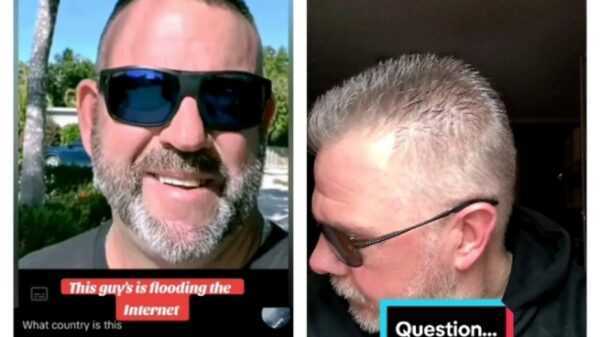- Knowing the common errors to avoid when writing a CV keeps your employer from dismissing it and increases your chance of getting a face-to-face interview
- A recent report found that making as few as five spelling errors in a resume can reduce the chances of being offered an interview by 18.5 percentage points.
- The best possible thing to do is print out your CV and read it before you can send it as you always spot more mistakes when dealing with a hard copy.
Follow us on Facebook and Twitter for real time updates
If you’re sending out loads of CVs and not hearing anything back, it may be time to give your CV the much-needed revamp. While most people are made to think that the problem lies in their qualifications which are not fully convincing to the hiring team, the likelihood is that the problem lies somewhere with possibly in how efficiently and carefully one edits the resume.
A CV is the first impression a potential employer may have of your skills or job experience and the initial means for them to assess your qualifications. Knowing the common errors to avoid when writing a CV keeps your employer from dismissing it and increases your chance of getting a face-to-face interview
There are plenty of CV mistakes that graduates or even job seekers make which include typos and grammatical errors, the lack of specifics, attempting the “one–size–fits–all” approach which often ends up cutting out some much meaningful details, highlighting duties instead of accomplishments and even the mistake of going on too long or cutting things too short.
But still other problems that people mostly make while writing their CVs include bad summary, failure to include action verbs and leaving off important information in bid to be brief and not overload the reviewer with information.
With writing of resumes some of these mistakes appear very minor and as if they might not have a toll on someone’s job seeking mission but often end up greatly diminishing the persons chances of getting the job.
However, Whether you proofread the Resume yourself, or even got somebody else to, checking over your CV from start to finish can be the difference between being accepted and being rejected.
The findings of researchers in Belgium published in the PLOS One journal have recently found that making as few as five spelling errors in a resume can reduce the chances of being offered an interview by 18.5 percentage points. Surprisingly, women and blue-collar workers are penalized even more. This report substantiated a once overlooked notion that what really matters in a resume is the content, by gratifying that even just two errors can cut a candidate’s probability of getting an interview by 7.3 percentage points.
Studies in the past have showed that resume mistakes can hurt an applicant’s interview chances, but the these researchers now argue that their study is more realistic as it accounts for just a few mistakes rather than substantial numbers duplicated in past trials.
The findings were based on 1,335 resumes reviewed by 445 real-life recruiters in Flanders, a Dutch-speaking region of northern Belgium. Each recruiter was asked to review three graduate resumes, with spelling errors ranging among zero, two or five. Other aspects like an applicant’s gender, hobbies and education level were also put into scrutiny.
Given that the context of many resumes are not equal, the research extended to eight fictitious vacancies including both blue-collar and white-collar roles, such as being an air traffic controller or secretary, and found that those applying for blue-collar roles tended to be judged more harshly for resumes with five spelling mistakes.
Also it was found out that women were also prone to be penalized more, compared to their male counterparts, albeit marginally. In contrast, those who indicated doing volunteer work enjoyed a moment of leniency with recruiters more likely to curtailing their spelling mistakes.
Being More Keen
The best thing to do is print it out and your CV and read it before you can send it anywhere as you always spot s more mistakes when dealing with a hard copy. By doing this, you can at least be more keen on things like formatting which also is arguably one of the first things that employers notice when looking at your CV. Once it’s poorly done, it reflects badly on you by giving out the message that you are not person who is keen on details.
Asides that these mistakes tend to expose traits about yourself which can ultimately keep an employer from offering you a job.
most situations, a CV is the first contact you have with a prospective employer and it is your chance to make a good first impression. You use it to show your prospective employer why they should hire you and what the benefits of having you on their team will be
The PLOS journal report also indicated that possibly recruiters assume that those making spelling mistakes are be poorer communicators and less hard-working. Even with that, what remains clear is that for those looking to their next job, there is the much need to carefully scan your applications for spelling errors and typos.




























